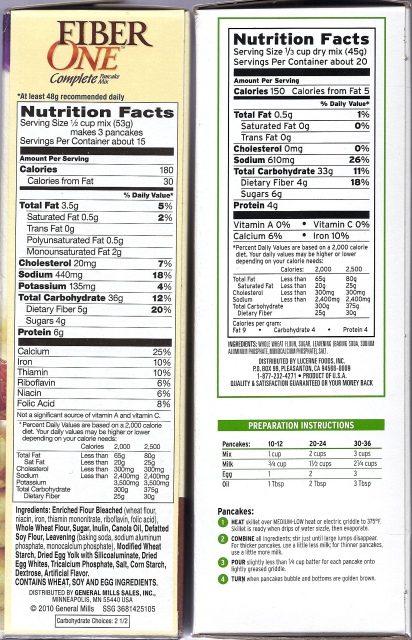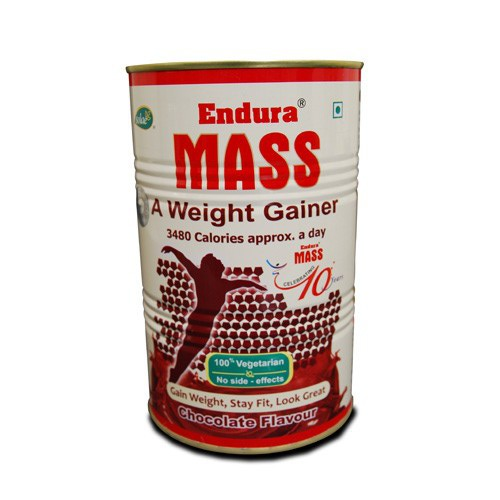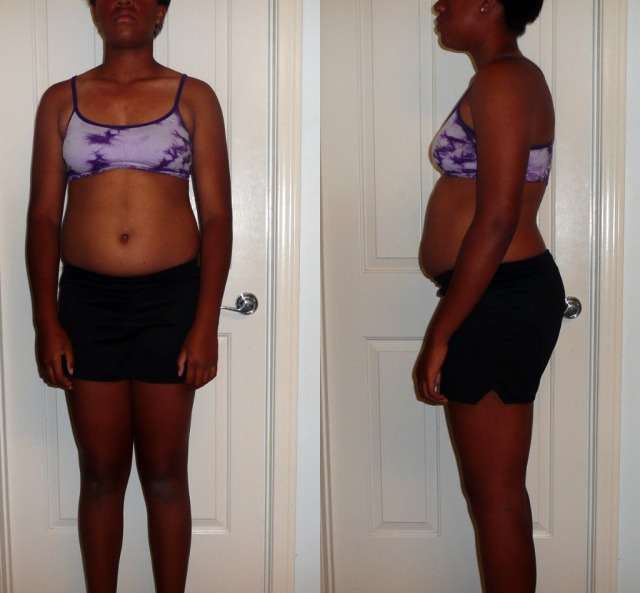Vitamins for Energy: Does Work?
Many people believe that taking vitamins can help them boost their energy levels. While it's true that certain vitamins are essential for energy production, most people get enough of these vitamins from their diet. In fact, taking too many vitamins can actually be harmful.
Essential Vitamins for Energy
The following vitamins are essential for energy production:
* B vitamins: B vitamins help the body convert food into energy.
* Iron: Iron is needed for red blood cell production. Red blood cells carry oxygen to cells throughout the body.
* Magnesium: Magnesium is involved in several energy-producing reactions in the body.
* CoQ10: CoQ10 is a coenzyme that is involved in the production of ATP, the energy currency of the cell.
Can Vitamins Help Boost Energy Levels?
Most people get enough of the essential vitamins for energy production from their diet. However, if you have a vitamin deficiency, taking a vitamin supplement may help improve your energy levels. For example, a study published in the journal "PLoS One" found that taking a vitamin B12 supplement improved energy levels in people who were deficient in vitamin B12.
However, it's important to note that taking too many vitamins can actually be harmful. For example, taking too much vitamin A can lead to nausea, vomiting, and headaches. Taking too much vitamin D can lead to kidney stones and heart problems.
Healthy Ways to Boost Energy Levels
If you're looking to boost your energy levels, there are several healthy ways to do so without taking vitamins. These include:
* Get regular exercise: Exercise can help to improve your circulation and increase your energy levels.
* Eat a healthy diet: Eating a healthy diet that includes plenty of fruits, vegetables, and whole grains can help to give you the energy you need.
* Get enough sleep: Most adults need around 7-8 hours of sleep per night. When you don't get enough sleep, you can feel tired and run down.
* Manage stress: Stress can lead to fatigue and low energy levels. Find healthy ways to manage stress, such as exercise, yoga, or meditation.
Talk to Your Doctor
If you're concerned about your energy levels, talk to your doctor. They can help determine if you have a vitamin deficiency or another underlying medical condition. They can also recommend healthy ways to boost your energy levels.
-
Getting into better shape and losing some weight.
QuestionHi Tim. I just had a couple questions that I wanted to g
-
Weight loss for X-Powerlifter/Bodybuilder @ 40 Yrs old
QuestionHello, I just turned 40 in August, im a 5 10 White male a
-
Motivational issue
QuestionMy stepfather (moms recent husband) is severely overweigh
-
nutrients in soup
QuestionI am a big big fan of soups and stews - mainly a load of
-
stomach area
QuestionHi, My wife eats quite sensibly- although maybe too much
-
reading Nutrtion Facts Correctly
Question18 servings per Hi there, Im a member of a website where



